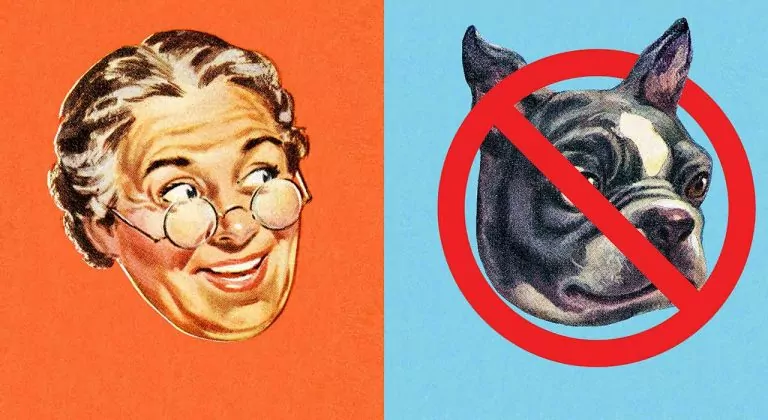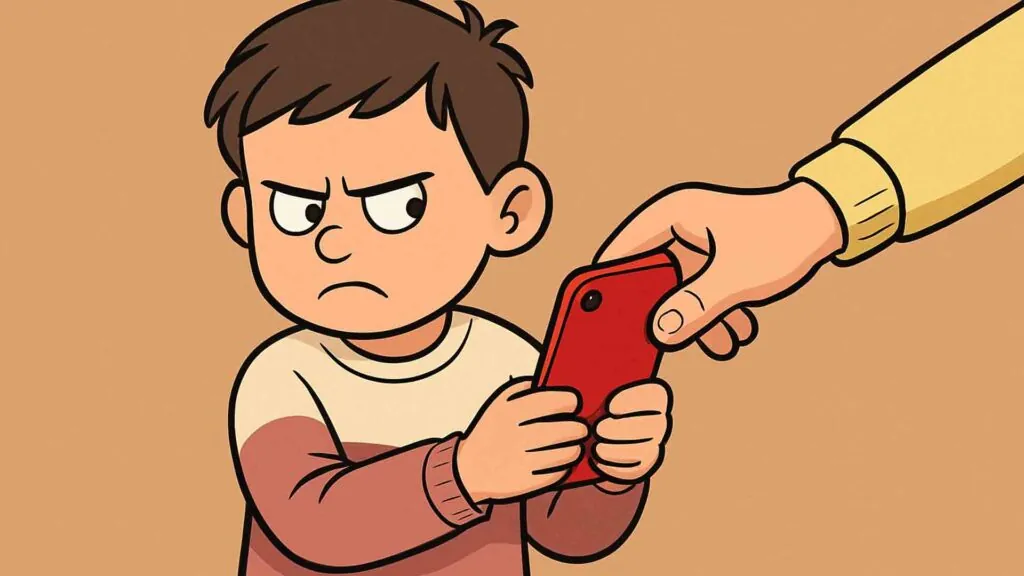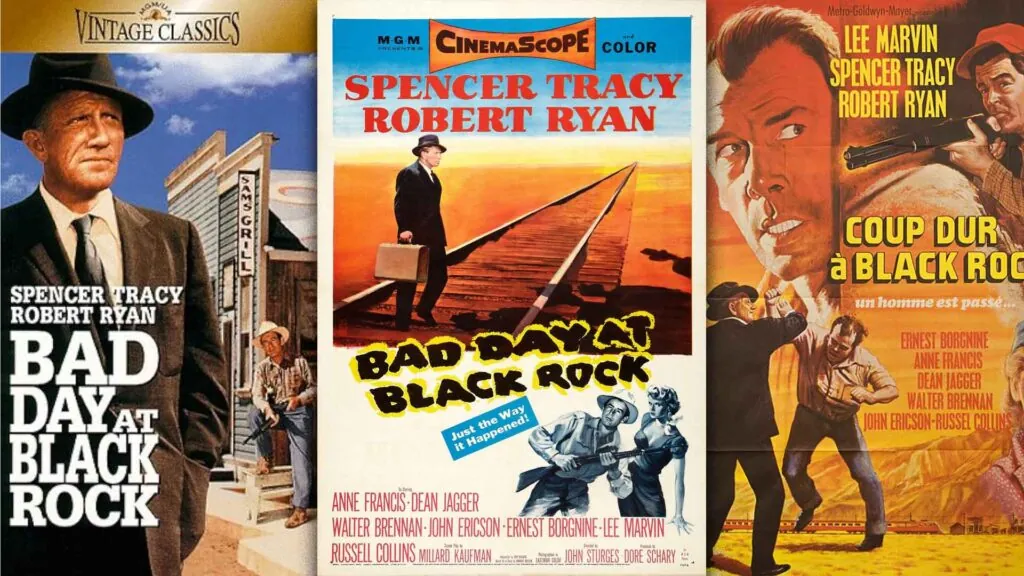Have you ever heard a euthanasia advocate argue that to force grandma to live in pain is to treat her worse than a dog? The assumption is that if euthanasia is compassionate for the dog, it’s compassionate for the human: “I put my dog down because of horrible pain, so why can’t we put grandma down too?”
A simple rebuttal
The simple answer: “Because grandma is not a dog.”
As Barbara Kay eloquently wrote in the National Post a few years back,
…if we applied human standards of compassion in all things to our treatment of animals, our willingness to euthanize them when they are suffering would be “compassion’s” exception, not the rule.
Sure, we euthanize animals when their lives are a burden to them (and us). We also line-breed them when we want more of them, neuter them when we want fewer of them, give them away when our children develop allergies to them, control what and how much they eat, when and where they sleep, and when they may go outside to relieve themselves. Those in our care who do have sex with others of their species only do so when we permit it, infrequently and only for breeding purposes. We separate them from their biological families to make them members of our own.
Is all that compassionate? Not if they were human. But they’re not human, you see, so there’s nothing unethical in any of those actions.
Two understandings of “compassion”
Our response to the question of suffering is predicated on our worldview. Two radically different answers to the question of our origin result in two radically different answers to our expiration.
If we accept that we are mere animals, then maybe we should only be treated as animals. Social Darwinism has us oriented downward instead of heavenward.
But the Judeo-Christian worldview re-orients us. Paradoxically, we are both dust and ashes (Ps. 90:3; Eccl. 3:20) and yet a “little lower than the angels” (Ps. 8:5) because we are “made in the image of God” (Gen. 1:26-28). And so our response to suffering is not to “put down” our fellow man like a dog, but to do everything we can to alleviate the suffering of our fellow man.
Ideas have consequences, and societies need to understand those consequences when we decide what ideas we are going to embrace. In the ongoing euthanasia debate we can choose to view every one of our neighbors as just another animal and treat them as such. Or we see them as “little lower than the angels” and treat them as such. Let’s not lose ourselves to the animals. We can do better.
André Schutten is the Director of Law & Policy, and General Legal Counsel for ARPA Canada. A version of this article first appeared on their website ARPACanada.ca.











